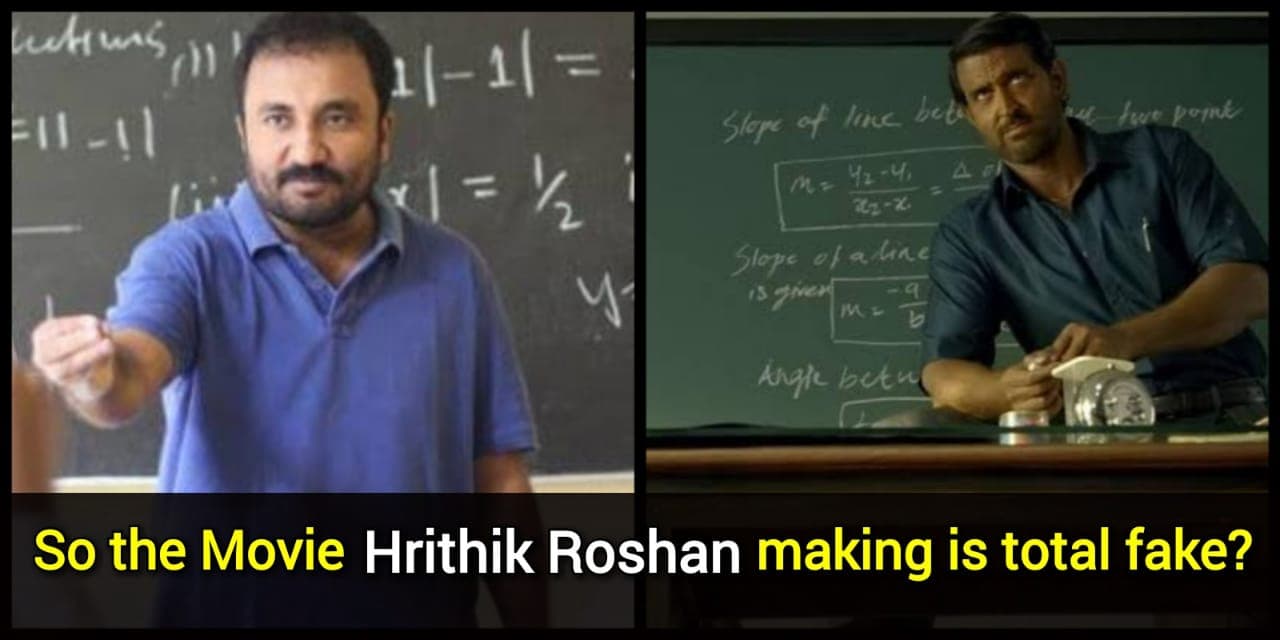No products in the cart.
“My family thinks I should die right now, just because I left Islam,” says Arab teenager
An 18-year-old Saudi girl being seized in Bangkok, Thailand, has escaped from her family after refusing to abide by the teachings of Islam. However, she now fears that she will be murdered any time if she is sent back to her motherland Saudi Arabia, her close friend even confirmed that the death threats to her life are indeed real.
The girl by the name of Rahaf Mohammed al-Qunun has been taking every possible precaution to keep herself safe. She has locked herself in her hotel room for signs of fear that Thai immigration officials, who have turned up in numbers outside her door, would convince her or even force her to board the plane to leave the country. According to Thai immigration officials, she has been denied entry to the country.
The Guardian has confirmed Qunun had a 3-month multiple-entry tourist visa for Australia, where she said she was planning to seek asylum.
Kuwait Air officials, #Thai Immigration officials and others are outside #Rahaf's door, demanding she open it. She is refusing, saying that she wants to see UN #Refugee Agency @Refugees & demanding #Thailand let her seek asylum. Time ticking down, flight leaves in 29 minutes. pic.twitter.com/wQ266wWFwX
— Phil Robertson (@Reaproy) January 7, 2019
Qunun is adamant that she will not leave until she can meet the United Nations High Commissioner for Refugees, according to Phil Robertson, Human Rights Watch’s Asia deputy director.
Robertson added: In an “important victory” for Qunun, Kuwait Airlines flight KU412 to Kuwait, which she feared she would be forced to get on the plane, left Bangkok without her. In a video posted right after the plane took off, she said: “I am Rahaf, the plane has departed, I am in the hotel, I need a country to protect me as soon as possible. I am seeking asylum.”
Qunun added that she was trying to escape from her family because they treated her to physical and psychological abuse. It was a nightmare for her. She has even appealed for help from Europe, the US, Canada and Australia.
“My family is strict and locked me in a room for six months just for cutting my hair,” she said, adding that she was confident she would be imprisoned if sent back. “I’m sure, 100%, they will kill me as soon as I get out of the Saudi jail,” she said.
A friend of Qunun who is 20 years old, whom The Guardian has decided not to publicize the name and who recently moved from Saudi Arabia to Australia, said the death threats to her were real. “She’s ex-Muslim and has a very strict family, they’re using violence with her and she faced sexual harassment,” she said. “She received a threat from her cousin – he said he wants to see her blood, he wants to kill her.”
Video from @rahaf84427714 just sent from her hotel room at the #Bangkok airport. She has barricaded herself in the room & says she will not leave until she is able to see #UNHCR. Why is #Thailand not letting @Refugees see her for refugee status determination? @hrw #SaveRahaf pic.twitter.com/3lb2NDRsVG
— Phil Robertson (@Reaproy) January 7, 2019
“If they didn’t kill her they couldn’t go [around in] public after this [Qunun renouncing the Muslim faith], so they have to do it,” the friend said. “It’s like: If you’re a man you should prove it. If they don’t kill her they can’t go outside and see other men.”
Qunun’s friend has lived in Australia for three months and said she was seeking asylum there after being abused in Saudi Arabia. She said she had known Qunun for a year, after connecting with her online. “She’s an activist, she’s a feminist,” she said. “There are lots of feminist groups [in Saudi Arabia].
“They gather online to protect each other, help each other. [For example] I saw a woman giving money to shelters, food, donations. Even buying tickets for women escaping.”
After knowing Qunun’s concerns and all that she has been going through, other countries came forward to extend support. Georg Schmidt, Germany’s ambassador to Thailand, showed his support for Qunun, saying: “We share the great concern for Rahaf Mohammed and are in touch with the Thai side and the embassies of the countries she approached.”
Sarah Hanson-Young, a senator from South Australia, requested Australia to issue her with emergency travel documents.
Robertson said Qunun needed ‘refugee protection’ and that the UNHCR had to be given quick access to the hotel.
“Rahaf faces grave harm is she is forced back to Saudi Arabia so she should be allowed to see UNHCR and apply for asylum, and Thailand should agree to follow whatever the UN refugee agency decides,” Robertson told the Guardian.
“She’s desperately fearful of her family, including her father who is a senior government official, and given Saudi Arabia’s long track record of looking the other way in so-called honour violence incidents, her worry that she could be killed if returned cannot be discounted,” he said.
“She has clearly stated that she has renounced Islam which also puts her at serious risk of prosecution by the Saudi Arabian government.”
Qunun, from Ha’il, a city in north-western Saudi Arabia said she was paused by Saudi and Kuwaiti officials when she arrived at Suvarnabhumi airport on Sunday and her travel document was forcibly seized from her, a claim backed by Human Rights Watch.
The Saudi embassy in Bangkok added: Qunun was being held for not having a return ticket, and that she still had passport along with her, a claim denied by Qunun.
“They took my passport,” she said, adding that her male bodyguard had reported her for travelling “without his permission”.
Qunun spent the whole Sunday night in an airport hotel and tweeted that officials were gathered outside her door to stop her leaving. On Monday morning, she added that she was trying to claim asylum in Thailand.
Thailand’s immigration chief by the name of Surachate Hakparn, said Qunun had no money or return ticket when she arrived at the airport. “She ran away from her family to avoid marriage and she is concerned she may be in trouble returning to Saudi Arabia.” Thai officials had been sent to protect her and were coordinating with the Saudi embassy, he said.
Qunun would be repatriated to Saudi Arabia on Monday, he said. “It’s a family problem.”
(With inputs from The Guardian via Agence France-Presse)












